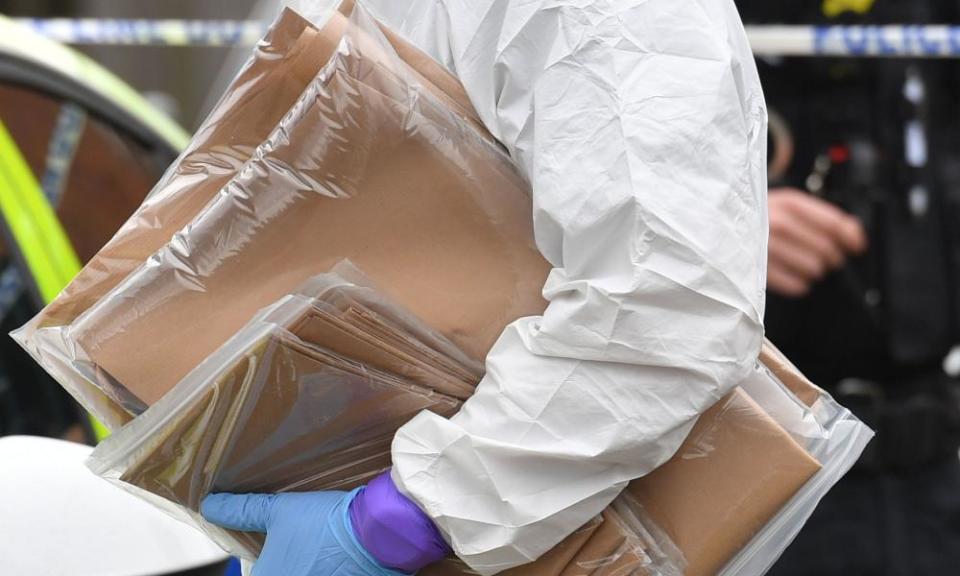The devil's in the detail: what makes forensic science 'forensic'?

This week the UK’s forensic science regulator, Dr Gillian Tully, said the service was operating “on a knife-edge”, which you would expect it to do if the knife in question had been used in a crime. But she meant that the chaotically part-privatised service was in danger of failing. What, though, makes science “forensic science”?
“Forensic” is often popularly used to mean extremely detailed or accurate, but properly it means having to do with courts of law. This is so because translations of Aristotle’s On Rhetoric called his branch of arguments about justice and culpability “forensic rhetoric”, from the Latin forensis, meaning “having to do with the forum”. So “forensic” can simply mean “lawyerly”, as when Charles Dickens in Our Mutual Friend describes the pompous Mrs Wilfer delivering a question “in an imposing and forensic manner”, and some media interviewers too have been praised as “forensic” in their approach to politicians’ evasions.
Thus, forensic science (or “forensics”) is not singularly painstaking science, but science performed in the course of a criminal investigation. It should be no surprise that the system is currently near breaking point, since the present government takes such a blithely anti-forensic approach to everything else.
• Steven Poole’s A Word for Every Day of the Year is published by Quercus.

 Yahoo News
Yahoo News 